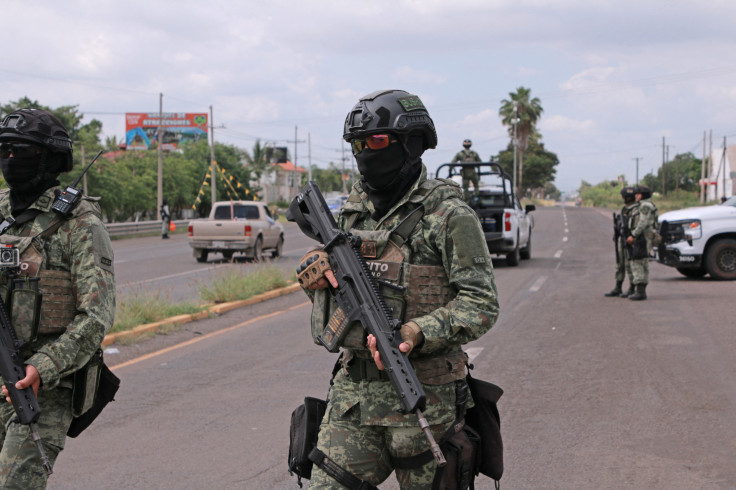
Unlawful border crossings have been progressively decreasing since the Biden administration implemented an executive in June, making it more difficult for migrants to seek asylum and remain in the country. However, as Donald Trump's second term looms, and with it the prospect of mass deportation for those inside and closed borders for those seeking to get it, Homeland Security is currently expecting a considerable rise in crossings at the U.S.-Mexico border.
The potential scenario has led sources inside of the DHS to voice concerns around everything from lack of human resources to shortage of bed space.
Authorities in Chihuahua have added fuel to the concerns after announcing the seizure of a semi-truck transporting 257 migrants from various countries and headed to the U.S. border. The truck, a double trailer, was stopped at a military checkpoint north of Chihuahua City, where soldiers opened the locked trailer doors to find the migrants, which included at least 50 children. All of them were confined in tight spaces.
The migrants were taken to facilities in Juarez for processing by the Mexican National Migration Institute.
The nature of the incident is rare in the area and, according to comments by Chihuahua Public Safety Secretary Gilberto Loya reported by El Paso Times, are a clear worry sign moving forward:
"It doesn't happen too often in our state that (smugglers) transport people in a trailer box as if they were cargo. This is an indication of a possible acceleration on the part of organized criminal groups to transport and traffic people"
According to Loya, this method of migrant transport is rare in the region, as smugglers typically use less conspicuous means than large cargo trailers. Authorities received information on the truck's movement from Mexico's Attorney General's Office, which then coordinated with local law enforcement, the Mexican Army, and the National Guard to track and stop the vehicle, according to Border Report.
Some of the individuals in the trailer were identified as migrants from African countries, while others came from South and Central America.
© 2025 Latin Times. All rights reserved. Do not reproduce without permission.






